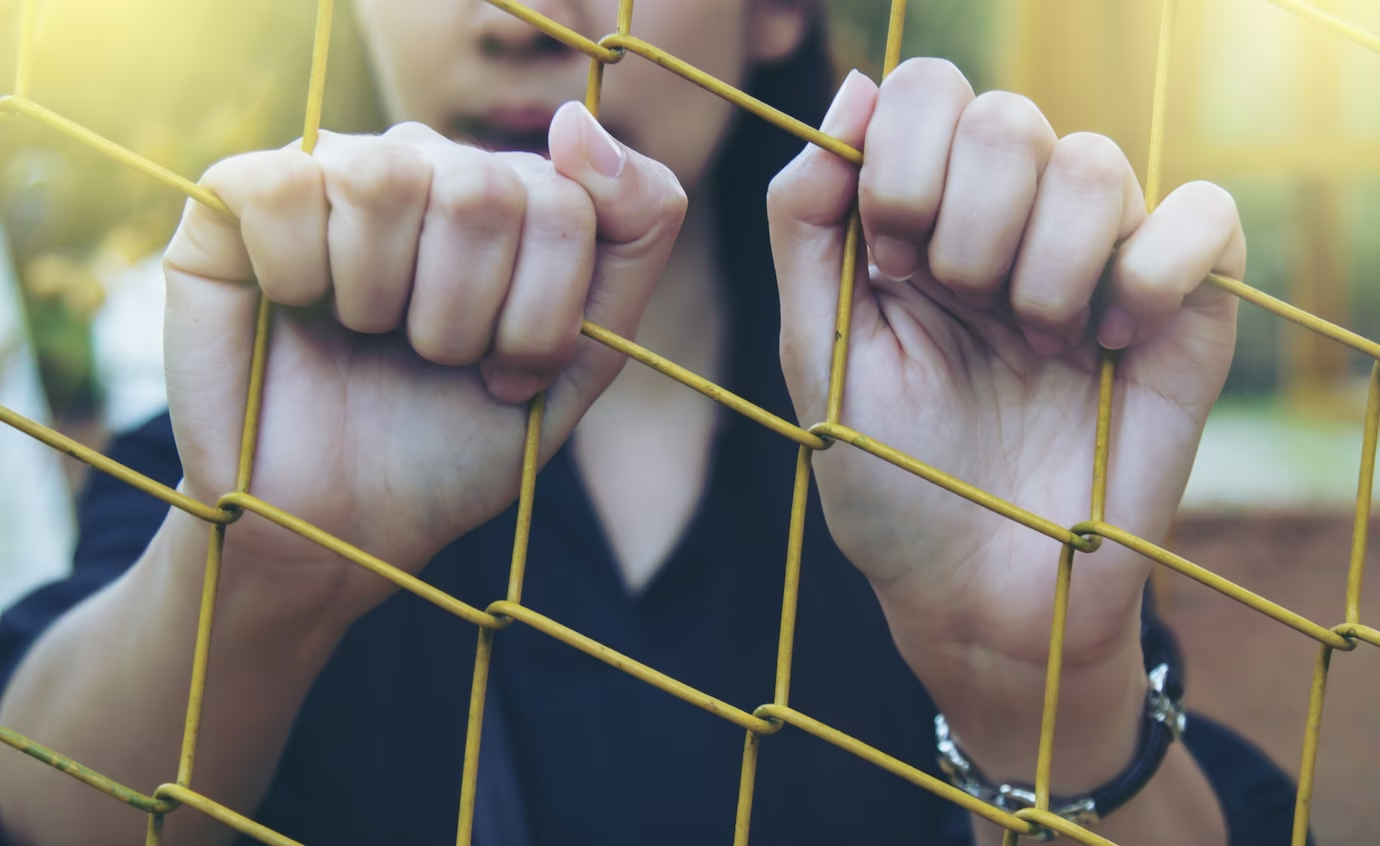
What is Wrong With Australia’s Youth Detention System?
What is Wrong With Australia’s Youth Detention System?
Australia’s youth detention system has faced increasing scrutiny over the years, with numerous reports highlighting systemic failures, human rights violations, and an overall ineffective approach to rehabilitation. This article explores the multifaceted issues plaguing the youth detention system in Australia, examining the impact on young people, the societal implications, and potential reforms needed to create a more just and effective system.
Overview of Youth Detention in Australia
Youth detention in Australia is designed to address juvenile delinquency by providing a corrective environment for young offenders. However, the reality is often far from this ideal. The system is characterized by overcrowding, inadequate mental health services, and a punitive approach that fails to address the root causes of youth offending.
Key Statistics
- Age of Criminal Responsibility: In Australia, children as young as 10 can be charged with crimes, a practice criticized for being excessively harsh.
- Indigenous Youth Detention Rates: Indigenous children are disproportionately represented in the juvenile justice system, accounting for a significant percentage of those detained.
- Recidivism Rates: Many young people who experience detention reoffend and return to custody, indicating a failure of rehabilitation efforts.
Systemic Issues in Youth Detention
1. Human Rights Violations
Reports from various human rights organizations have documented serious abuses within youth detention facilities. These include:
- Physical Abuse: Numerous allegations of physical violence against detainees by staff members have surfaced.
- Solitary Confinement: The use of solitary confinement as punishment has been criticized for its detrimental effects on mental health.
- Institutional Racism: Indigenous youth face discrimination and harsher treatment compared to their non-Indigenous counterparts.
2. Mental Health Concerns
Many young people entering the detention system have pre-existing mental health issues that are often exacerbated by their incarceration. The lack of adequate mental health services leads to increased risks of:
- Suicide: Young detainees are at a higher risk of self-harm and suicide.
- Psychiatric Disorders: Conditions such as anxiety and depression are prevalent among those in detention.
3. Ineffective Rehabilitation Programs
The current focus on punitive measures rather than rehabilitation has resulted in:
- High Recidivism Rates: Without proper support and rehabilitation programs, many young offenders return to crime after release.
- Lack of Education and Employment Opportunities: Young people often leave detention without the skills or support necessary for reintegration into society.
Case Studies Highlighting Failures
1. Banksia Hill Detention Centre
The Banksia Hill Detention Centre in Western Australia has frequently been cited for its poor conditions and treatment of detainees. Reports indicate:
- Overcrowding leading to increased tensions among detainees.
- Allegations of abuse by staff members.
- A lack of adequate mental health support services.
2. Don Dale Youth Detention Centre
The Don Dale facility gained national attention following revelations of abuse captured on camera. Key findings include:
- Use of excessive force by guards.
- Inhumane treatment of detainees, including solitary confinement for extended periods.
Proposed Reforms
To address the myriad issues within Australia’s youth detention system, experts and advocates suggest several reforms:
1. Raising the Age of Criminal Responsibility
Many advocates argue for raising the minimum age at which children can be charged with crimes from 10 to at least 14 years. This change would align Australia with international standards regarding children’s rights.
2. Implementing Evidence-Based Programs
Shifting focus from punitive measures to evidence-based prevention, early intervention, and diversion programs can help reduce youth offending rates. This includes:
- Community-based support services.
- Mental health interventions tailored for young people.
3. Improving Mental Health Services
Enhancing access to mental health care for young people in detention is crucial. This includes:
- Providing trained mental health professionals within facilities.
- Developing post-release support systems that address ongoing mental health needs.
The Impact on Indigenous Youth
Indigenous youth are disproportionately affected by the failings of the youth detention system in Australia. They are more likely to be detained than their non-Indigenous peers and often face systemic racism within the justice system. The over-representation of Indigenous children in detention highlights deep-rooted social issues such as poverty, trauma, and intergenerational disadvantage.
Societal Implications
The failures of the youth detention system extend beyond individual cases; they reflect broader societal issues that require urgent attention. The punitive approach to youth justice not only harms young individuals but also perpetuates cycles of disadvantage and crime within communities.
Conclusion
Australia’s youth detention system is facing a crisis that requires urgent attention from policymakers and society as a whole. By addressing systemic issues such as human rights violations, mental health concerns, and ineffective rehabilitation strategies, Australia can move towards a more humane and effective approach to youth justice.
FAQ Section
Q1: What are the main problems with Australia’s youth detention system?
A1: The main problems include human rights violations, inadequate mental health support, ineffective rehabilitation programs, and institutional racism.
Q2: How does the age of criminal responsibility affect youth?
A2: The current age allows children as young as 10 to be charged with crimes, which many argue is too low and contributes to negative outcomes for vulnerable youth.
Q3: What impact does incarceration have on young people’s mental health?
A3: Incarceration can exacerbate pre-existing mental health issues, leading to higher risks of suicide and psychiatric disorders among detained youth.
Q4: What reforms are being proposed for the youth detention system?
A4: Proposed reforms include raising the age of criminal responsibility, implementing evidence-based prevention programs, and improving mental health services within facilities.
Additional Resources
For further information about Australia’s youth justice system and its challenges, you can refer to Australian Institute of Health and Welfare – Youth Justice.This comprehensive overview highlights critical issues facing Australia’s youth detention system while suggesting pathways toward reform that prioritize rehabilitation over punishment.
